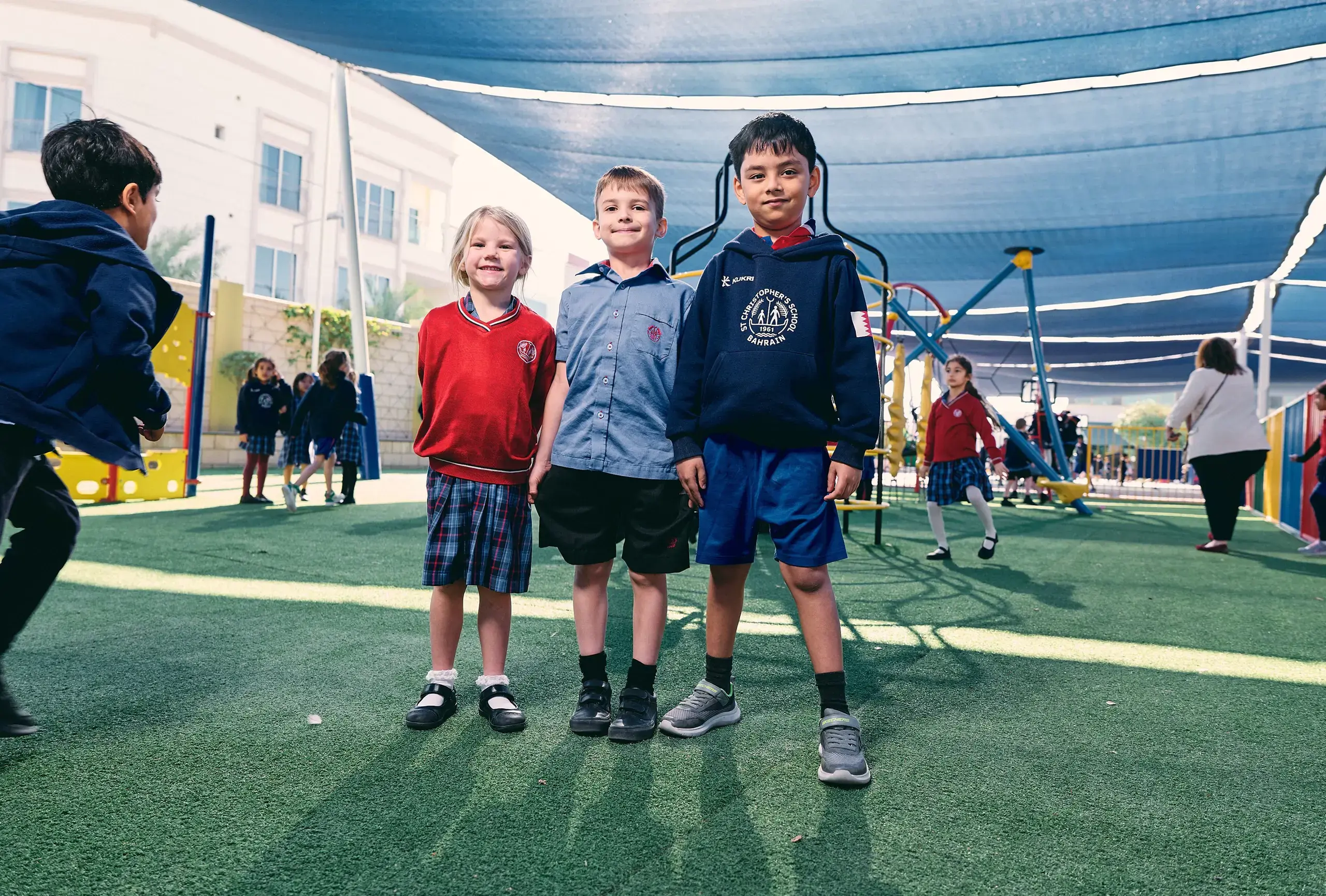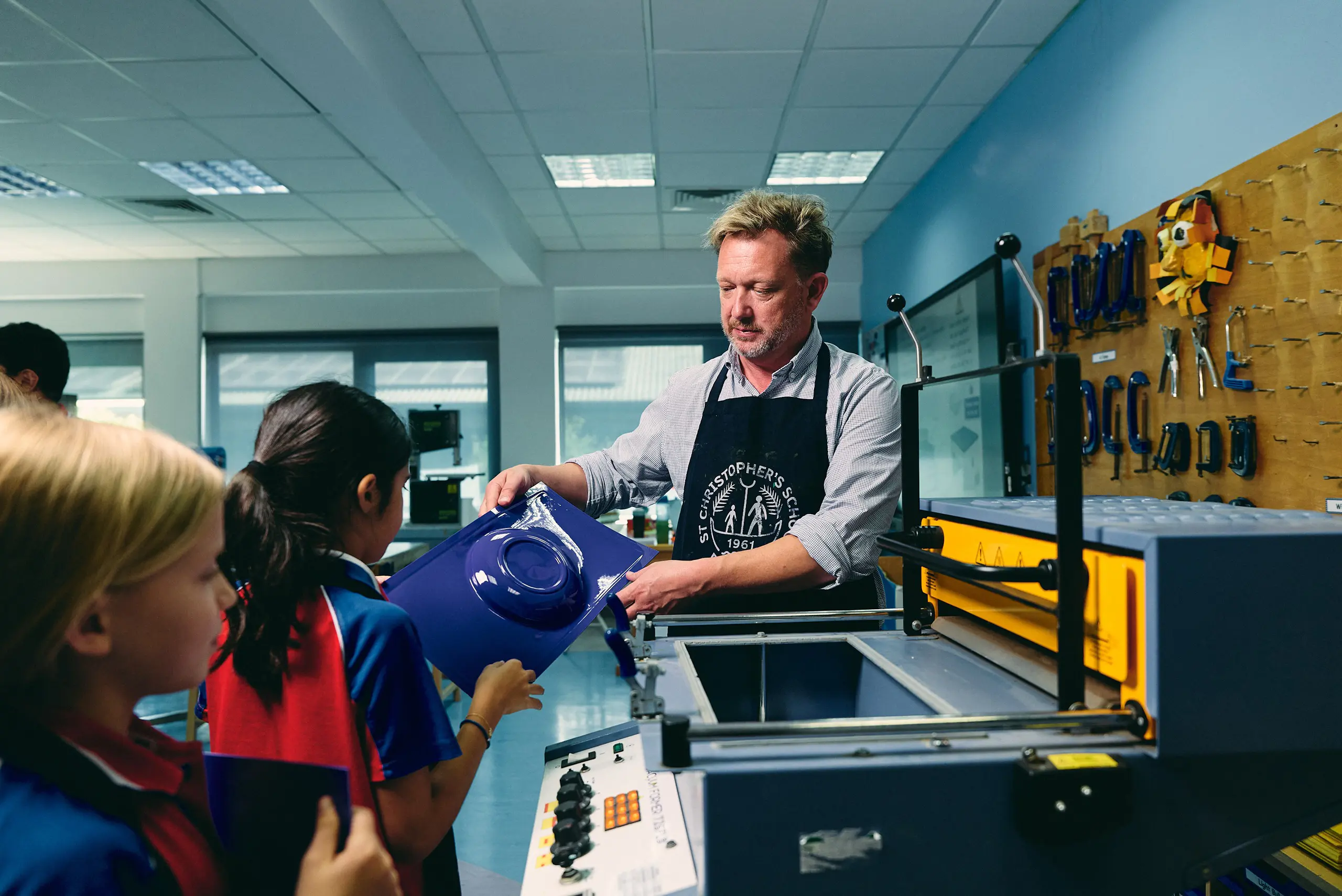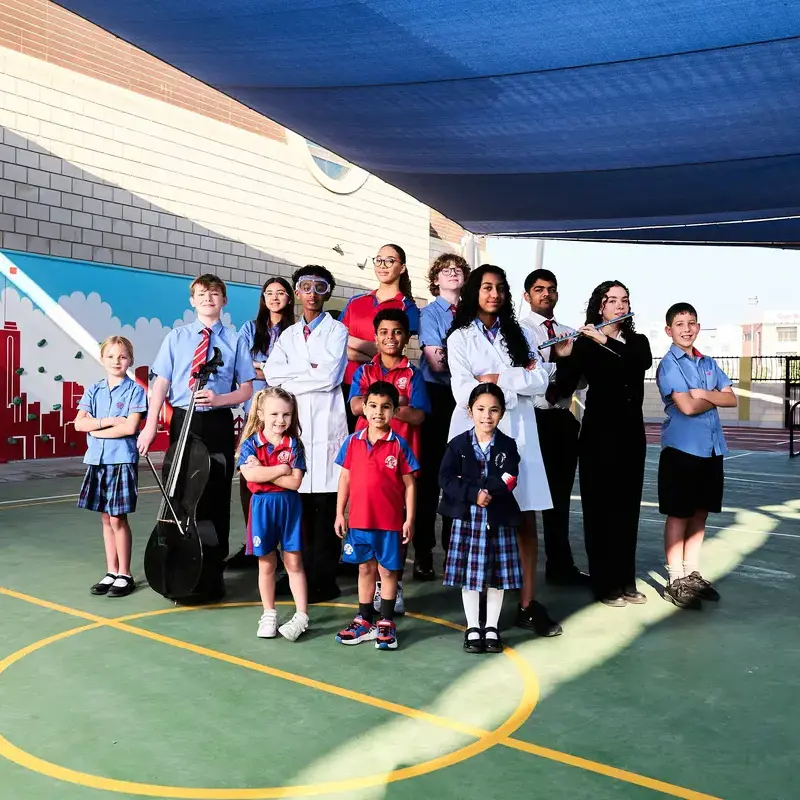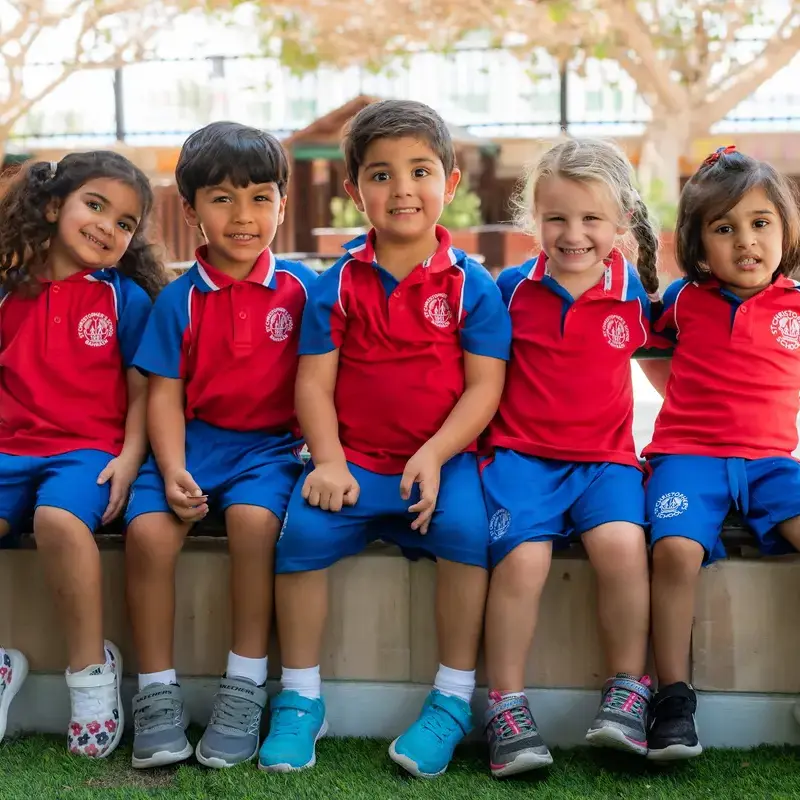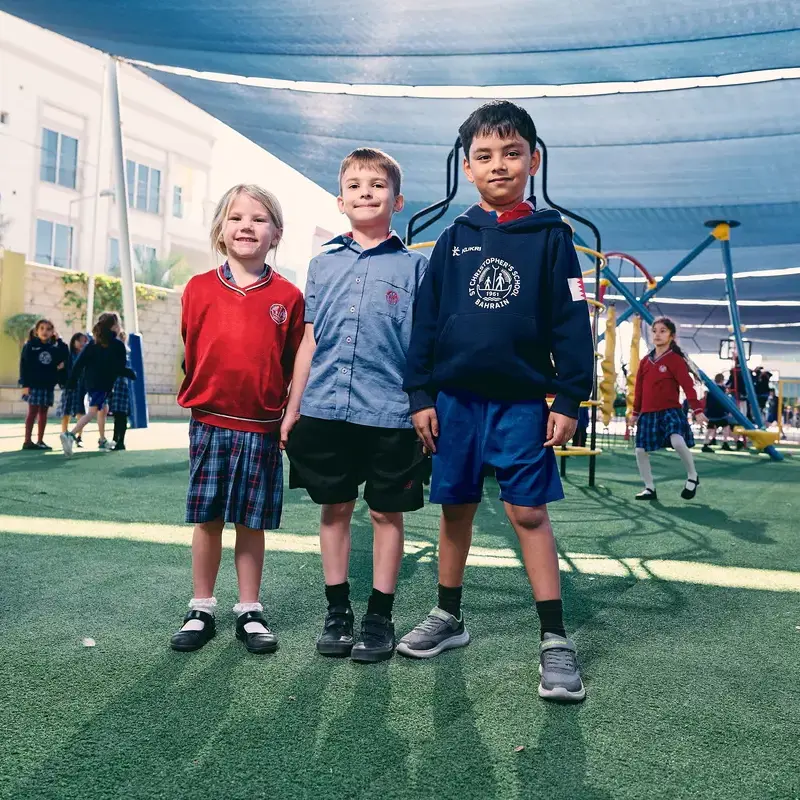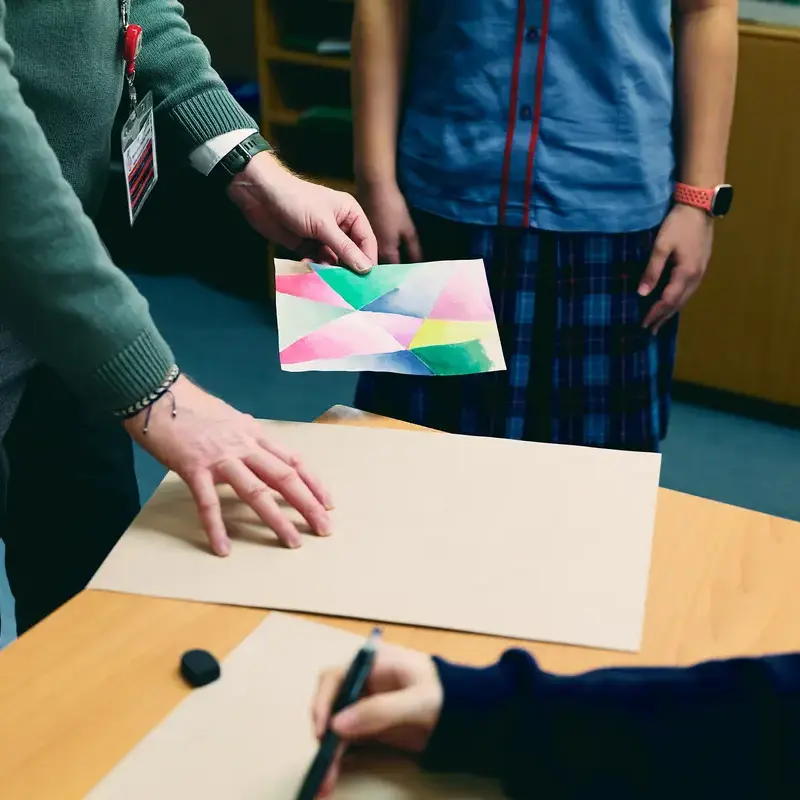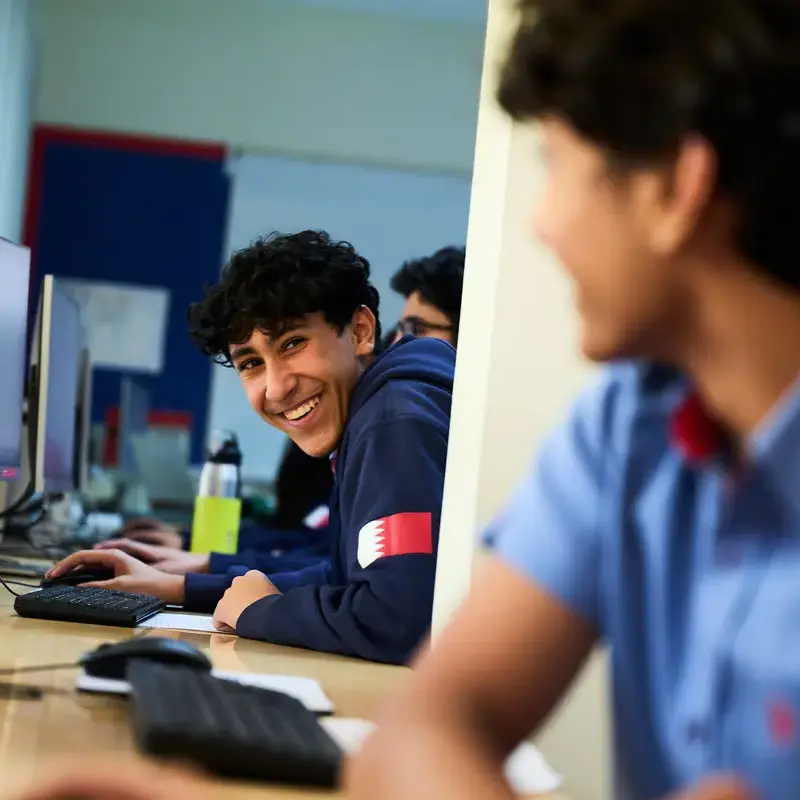Junior School
Welcome to St Christopher’s Junior School
At St Christopher’s, we share every parent’s aspiration for their child to grow up happy, confident and successful. Our passionate and dedicated teachers are eager to build a positive partnership with you and your child, aiming for the highest academic standards while supporting their continuous learning journey. Through excellent pastoral care, high expectations and an emphasis on exemplary behaviour, we create a nurturing environment that facilitates both academic and personal success and has a focus on students’ wellbeing.
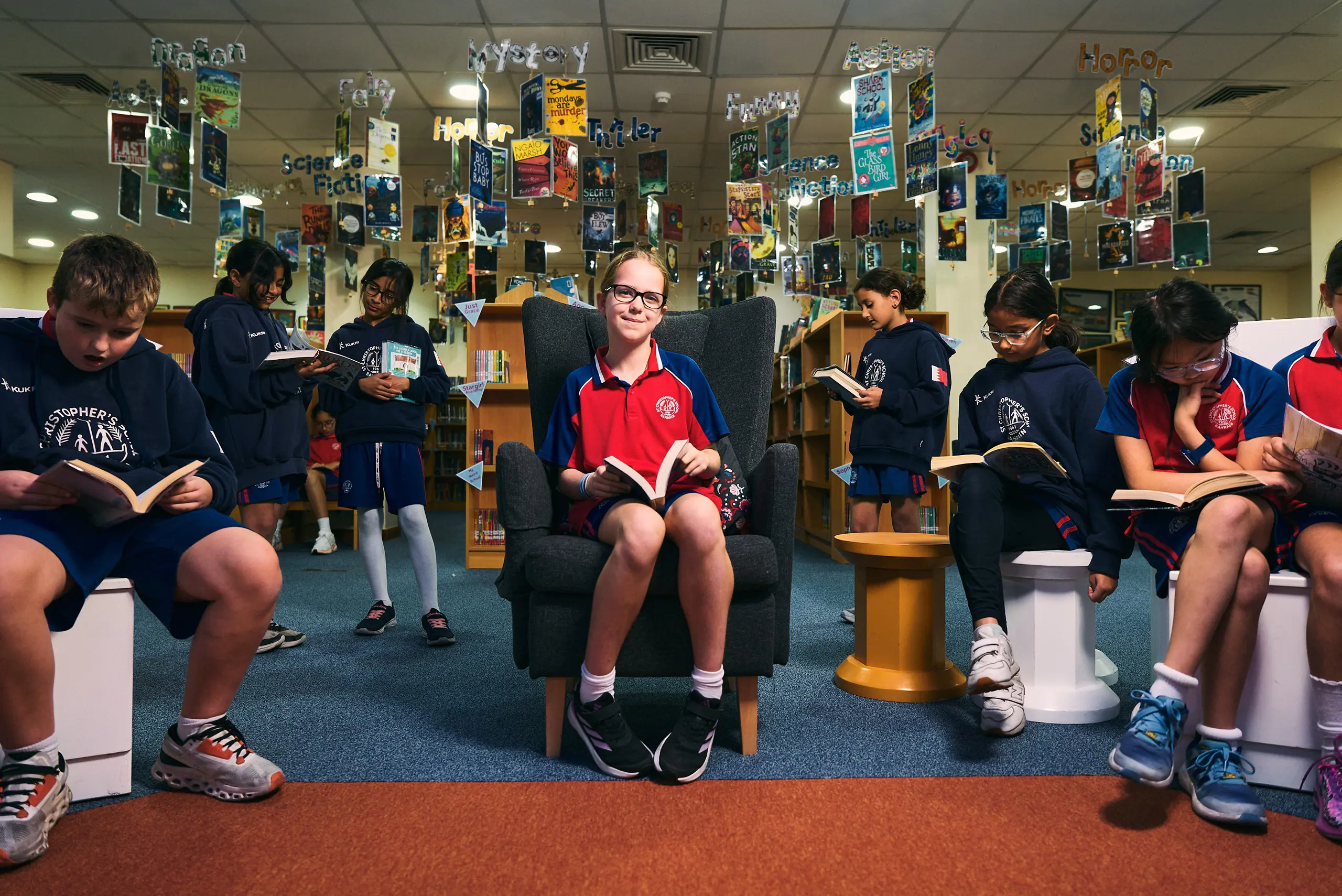
Praise and rewards are very important to us and this is reflected in our positive behaviour management policy.
Our St Christopher’s ‘6Cs’ of confidence, creativity, curiosity, commitment, courage and compassion are integral to everything we do. You will no doubt see your child coming home with one of our ‘6C values stickers’ or one of our behaviour ‘Praise Postcards’ for demonstrating one of our ‘4 Golden Rules’ of ‘be safe’, ‘be kind’, ‘be respectful’ and ‘be responsible’.
Learning at St Christopher’s is engaging and joyful. Children experience a dynamic curriculum enriched with theme days, trips, guest speakers and service projects.
Service is an integral part of life at St Chris, with students contributing to meaningful causes at home and overseas, or even inspired by their own ideas.
Our curriculum challenges and inspires, developing core skills, creativity, critical thinking and problem solving. We are proud to offer specialist teaching in a wide range of subjects including Arabic, French, Design Technology, ICT, Art, Music, and PE, as well as regular swimming lessons in our covered indoor pool.
Extracurricular activities provide further opportunities for growth, with clubs, music ensembles, sports, drama productions and school trips. These experiences nurture students’ passions, leadership skills, and community involvement, contributing to developing well-rounded, responsible young people.
We are a community built on the core values of Caring, Honesty and Mutual Respect and we warmly invite you to visit our school, see our young learners engaged in their education and witness firsthand the focus, confidence and joy our students have in their learning.
We look forward to working with you to ensure that your child has a rewarding and fulfilling educational experience at St Christopher’s Junior School.
